Junta trial of Myanmar's Aung San Suu Kyi to hear first testimony after coup
The first trial of Myanmar’s ousted leader Aung San Suu Kyi is set to start on Monday, more than four months after a military coup removed her government from power.
Suu Kyi faces a raft of charges ranging from improperly importing walkie-talkies to breaking a colonial-era secrecy law and flouting coronavirus restrictions during last year's elections that her National League for Democracy won in a landslide.
During the trial, Suu Kyi’s defense team will cross-examine witnesses over the charges. Her lawyers expect the trial to wrap up by July 26, with hearings every Monday.
Suu Kyi, 75, faces more than a decade in prison if she is found guilty on all charges.
“We are hoping for the best but prepared for the worst,” Maung Zaw Khin, one of the lawyers, told AFP ahead of the court hearing in Naypyidaw.
A separate case against her is set to begin on June 15, where she is accused of sedition along with ousted president Win Myint and another prominent member of the NLD.
Since the military putsch on February 1, daily protests have been held in the country, demanding the restoration of civilian rule and the release of Suu Kyi and her associates.
The mass rebellion has been met with a ruthless military crackdown that has killed over 850 people.
The UN High Commissioner for Human Rights (UNHCR) has criticized the military leadership over its use of deadly force against the protesters, stressing that Myanmar has plunged into a "human rights catastrophe" since the coup.
However, the junta has rejected the allegations.
The coup has also reignited conflicts in Myanmar’s border areas, where ethnic rebels have taken up arms against junta forces.
More than two dozen bodies were discovered in a forest clearing in the country’s east on Monday. The junta-controlled media accused an ethnic armed group of carrying out the killings.
Before she was ousted by the generals, Suu Kyi’s worldwide reputation had already taken a hit as she sided with the military in its violent campaign against Myanmar's marginalized Muslim Rohingya community.
In 2017, the bloody military crackdown in Myanmar's Rakhine state sent some 740,000 Rohingya fleeing across the border into neighboring Bangladesh, carrying accounts of rape, mass killings, and arson.
The United Nations has said the government of Myanmar might have committed ethnic cleansing and crimes against humanity.
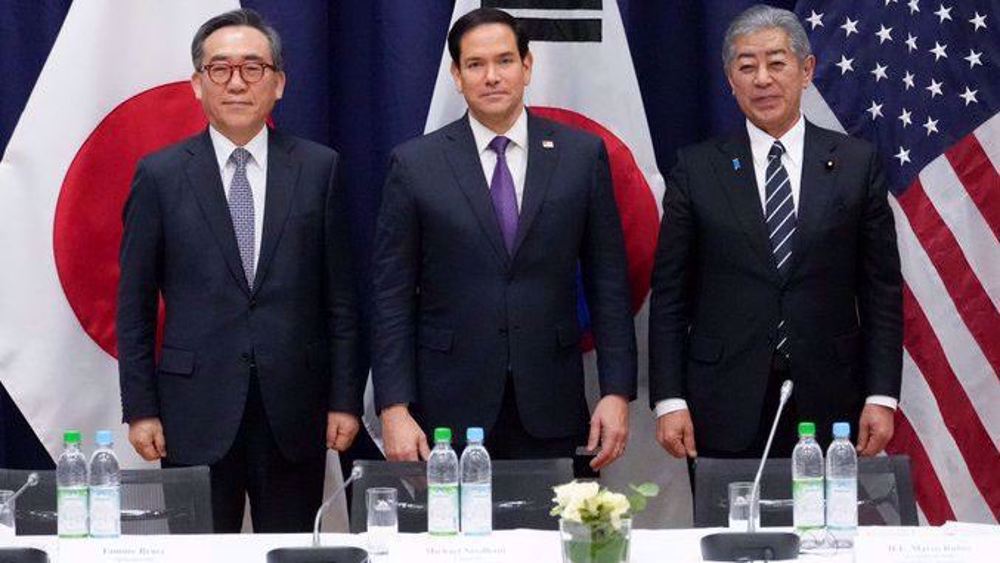
US, Japan, S Korea renew calls for ‘complete denuclearisation’ of North Korea
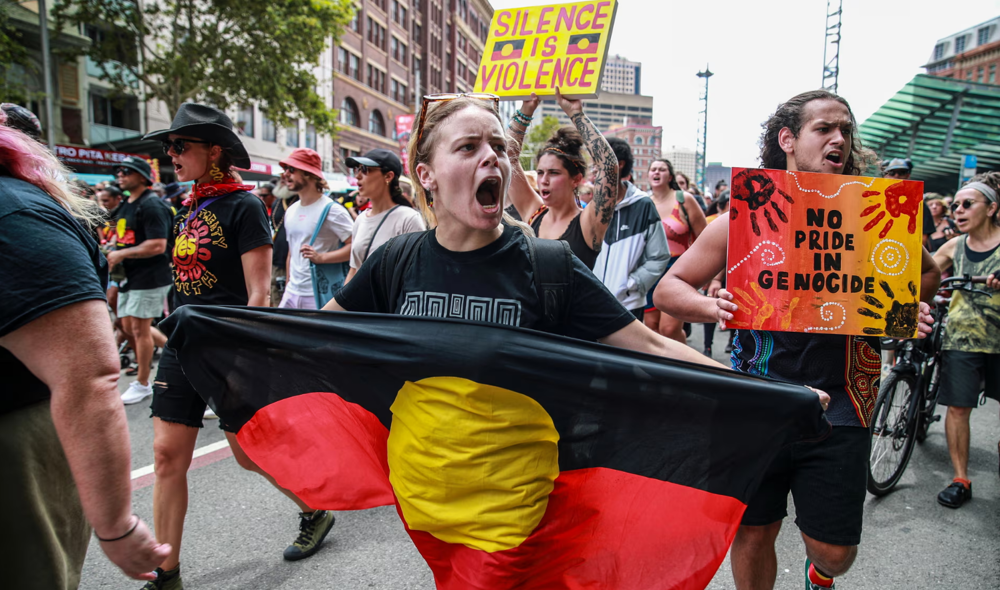
Indigenous rights activists rally on Australia Day to protest British colonization legacy
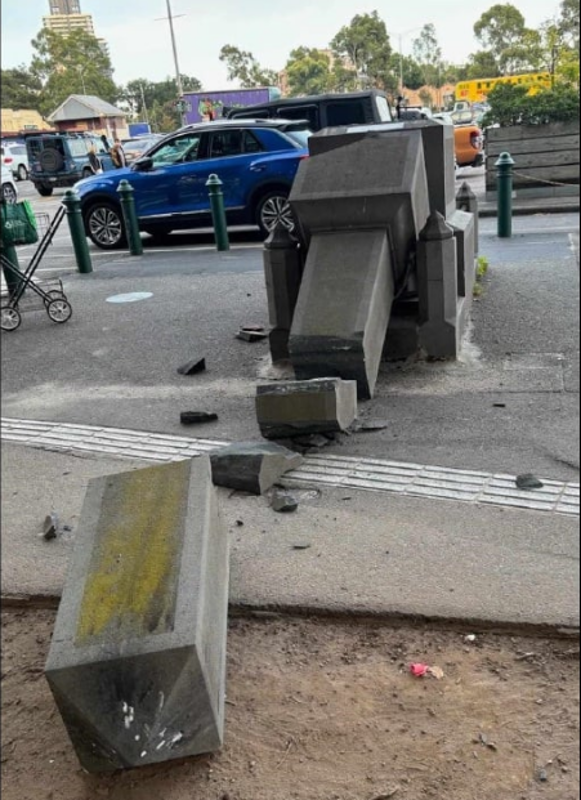
Colonialist’s monument toppled in Melbourne ahead of Australia Day
Iranian flotilla makes port call in India with 'friendship message'
How UK counter-terror police colluded with Zionists to detain me after Beirut trip
Biden, Blinken, Austin referred to ICC over Gaza war crimes
EU will 'do the same' if US implements tariff hikes: France
VIDEO | Press TV's news headlines
British celebrities condemn BBC removal of Gaza documentary
Iran Army acquires tactical vehicles, audio surveillance systems
VIDEO | UK police detain anti-Zionist scholar upon return from Lebanon


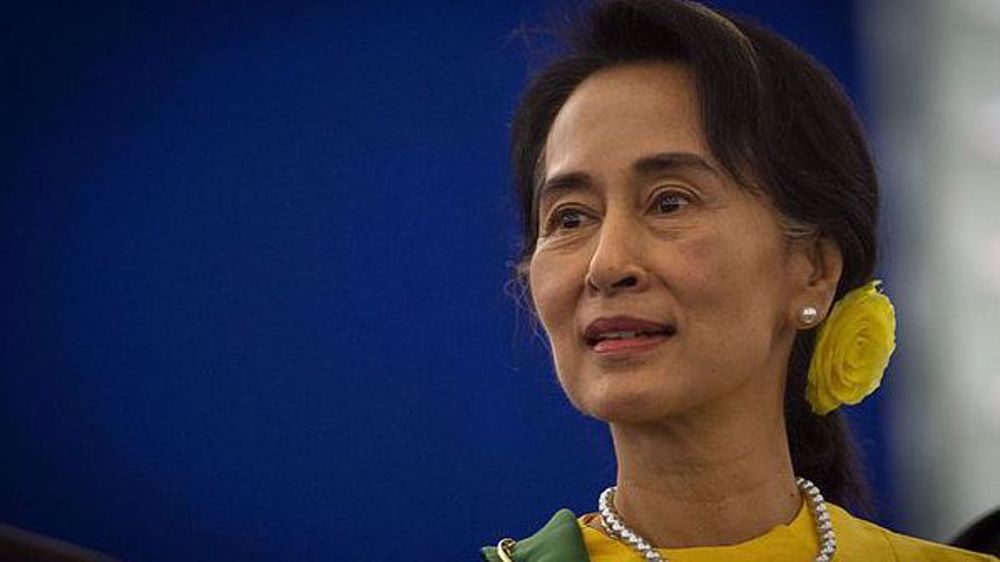





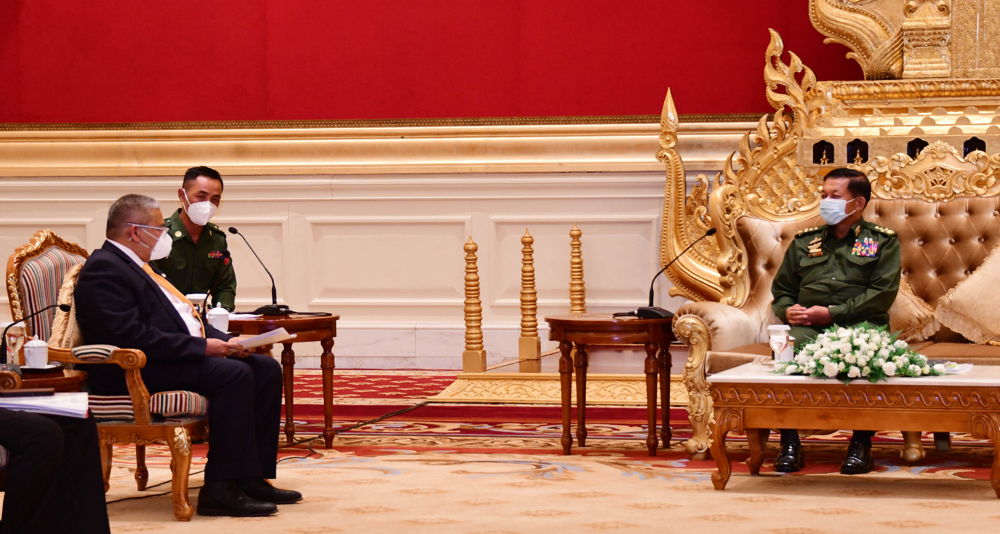
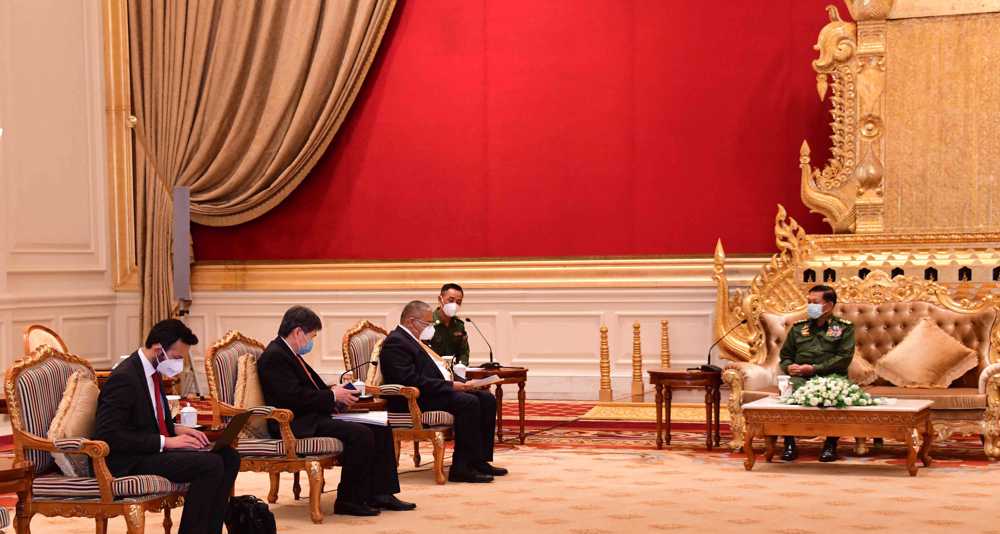

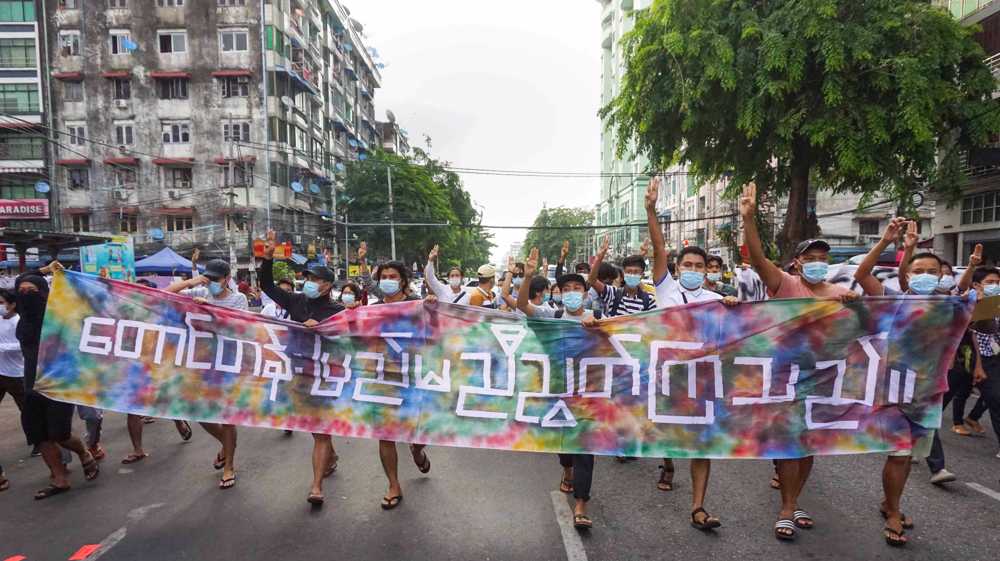

 This makes it easy to access the Press TV website
This makes it easy to access the Press TV website